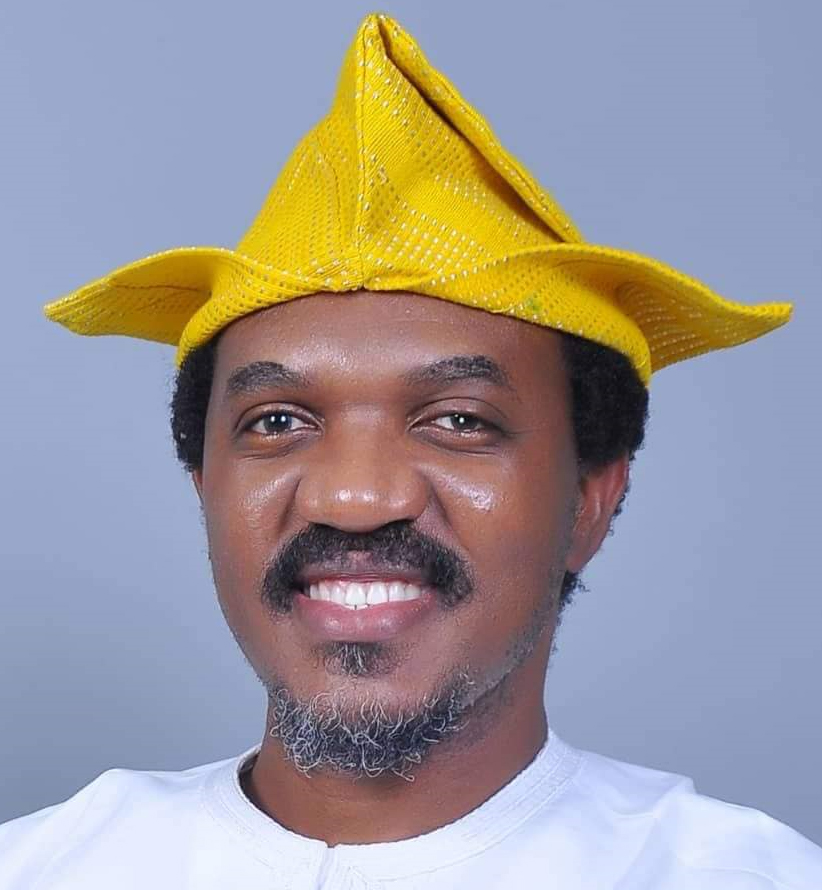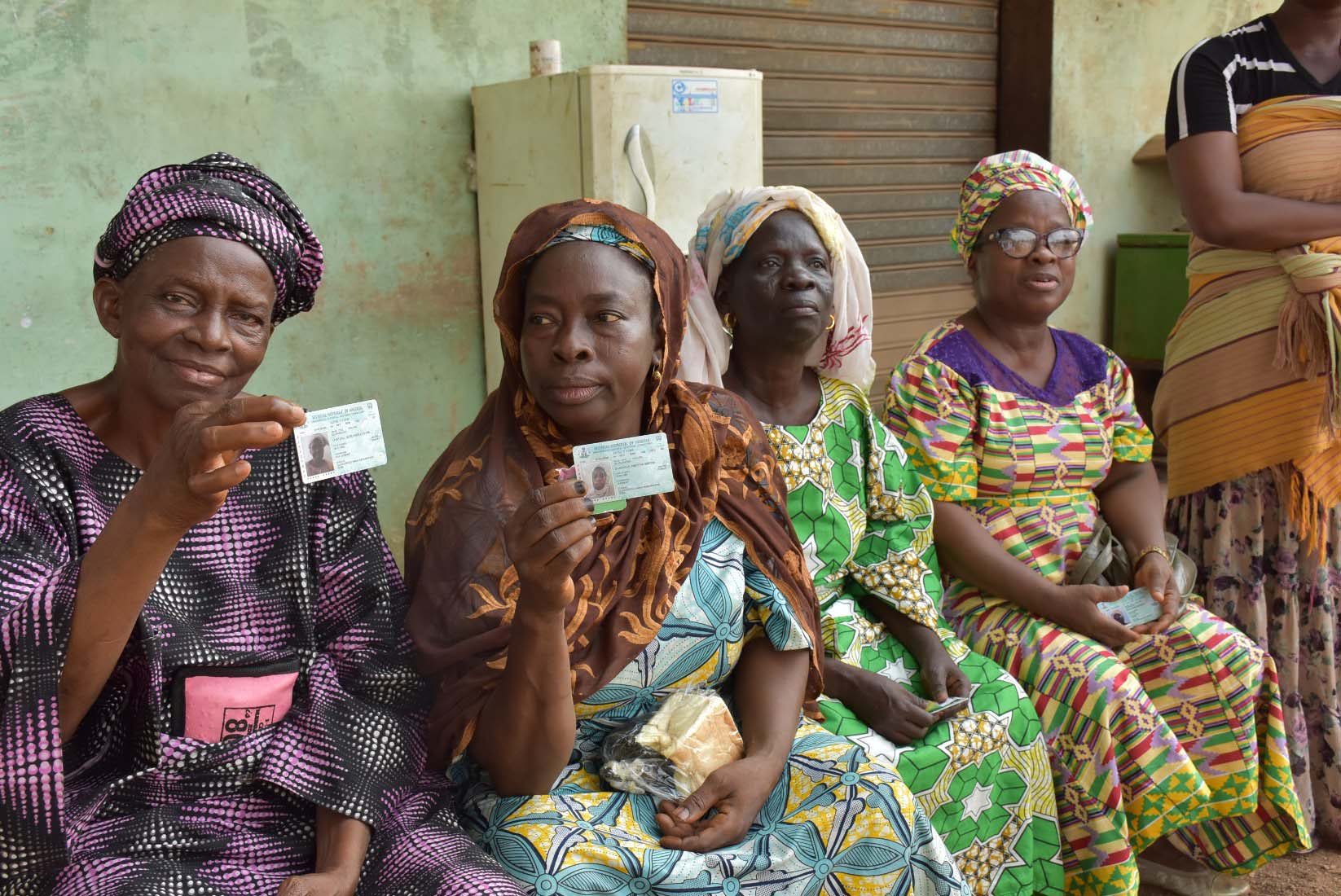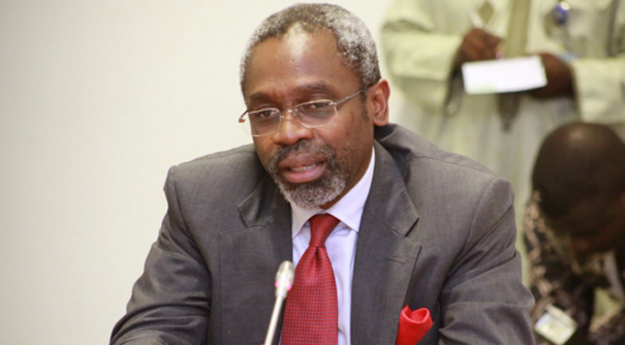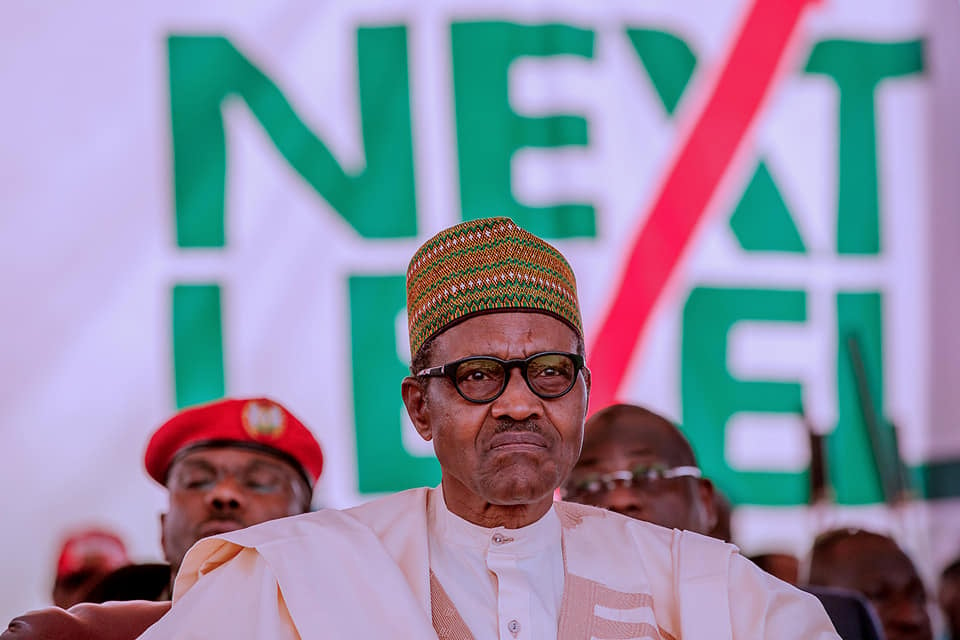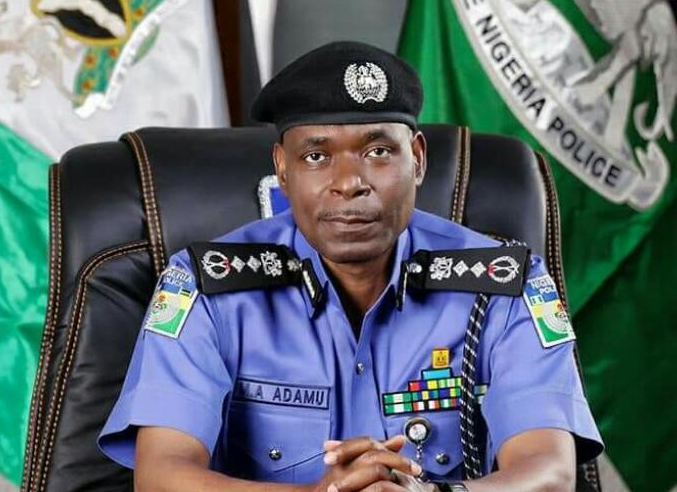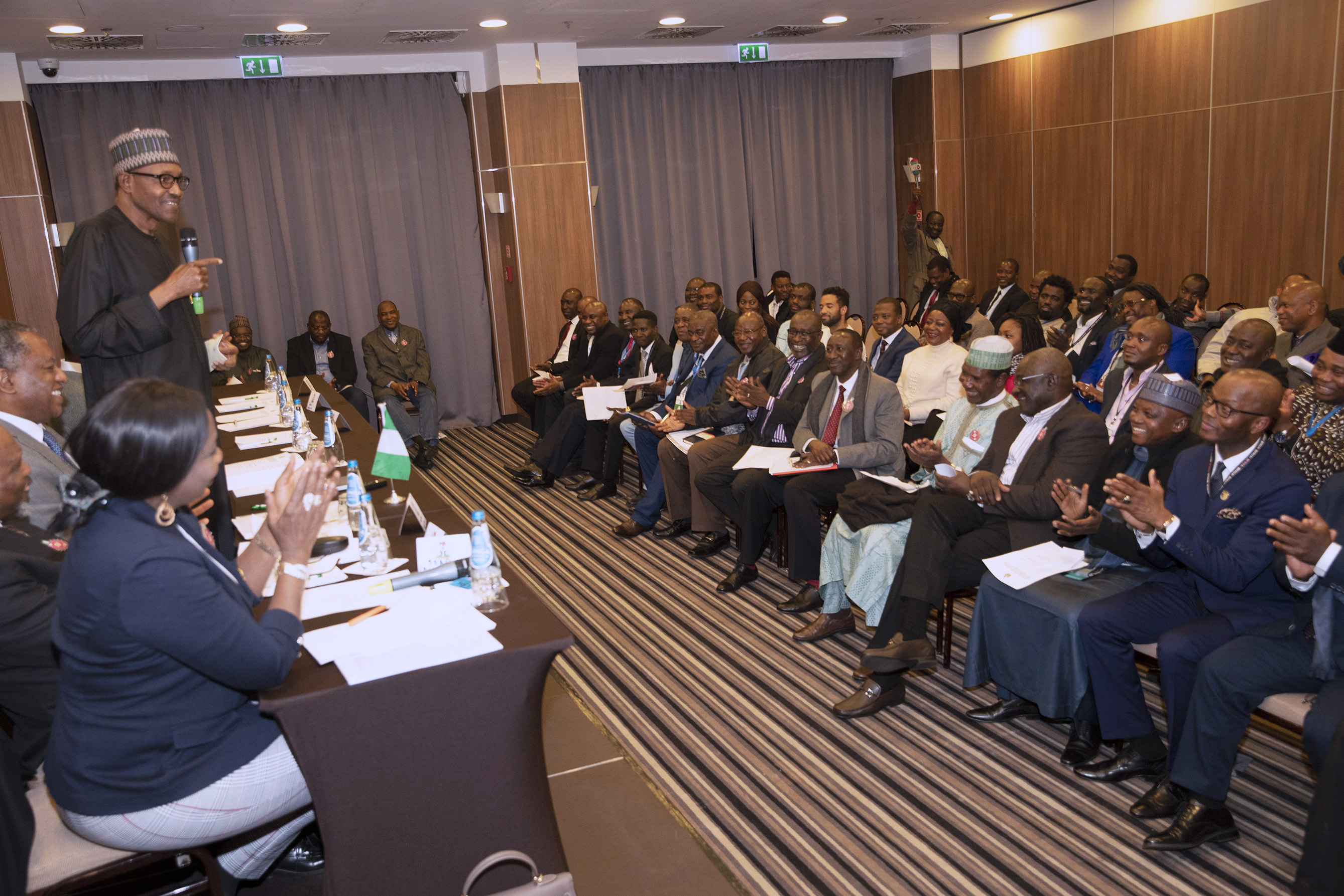Pic.83. Voters display their cars during the rescheduled 2019 presidential and National Assembly elections, in Oyo State on Saturday (23/2/19).
01703/23/2/2019/Yinka Bode-Are/BJO/NAN
To stumble over the same stone is a proverbial disgrace – Cicero (circa 63 BC).
One of the most popular definitions of Democracy in sociology is the one by Abraham Lincoln. He defined democracy as a “government of the people, by the people and for the people”. At the peak of the repressive rule by military juntas in Nigeria, Adekunle Ajasin, former Governor of Ondo State opined that Democracy is a governance system that enabled the led and the leader to express divergent viewpoints and ultimately come to a form of consensus. Paraphrasing his words – “You take your position. I take my position. We come to some understanding.”
Merriam Webster Dictionary, Collins English Dictionary and Oxford Dictionary define democracy as a rule by the people, particularly a rule by the majority and pointedly as a “government by the people in which the supreme power is vested in the people and exercised directly by them or by their elected agents under a free electoral system.”
ORIGIN
According to John Dunn (1993), the term Democracy first appeared in ancient Greek’s political and philosophical thoughts in the city-state of Athens during classical antiquity. The word comes from demos, which means ‘common people’ and ‘kratos’ which means ‘strength’. The Nigerian youth will be able to relate due to the fact that this is the name of the central character in the Game of War series. Kratos or Cratos is the divine personification of strength in Greek mythology. He is the son of Pallas and Styx; he and his siblings Nike (“Victory”), Bia (“Force”), and Zelus (“Zeal”) are all essentially personifications (Gantz, pp. 25–26, 158; Hesiod, Theogony 383–385; Apollodorus 1.2.4).
Advertisement
I have advanced the view that Democracy, by virtue of its evolution, is the harmony of People, particularly, common people and Strength or Authority as exhibited within the context of a nation-state. The original philosophy of democracy envisioning vis-à-vis the state was to situate power within the agency of the common people or demos.
Led by Cleisthenes, Athenians established what is generally held as the first democracy in 508–507 BC. Cleisthenes is referred to as “the father of Athenian democracy” (Hsia et al, 2007). Athenian democracy took the form of a direct democracy, and it had two distinguishing features: the random selection of ordinary citizens to fill the few existing government administrative and judicial offices, and a legislative assembly consisting of all Athenian citizens.
The history of man is replete with examples of domination by man to others’ disadvantage, and many times to his own personal disadvantage. The wise King Solomon once stated that ‘man has dominated man to his injury’ (Ecclesiastes 8:9).
Advertisement
From the aforesaid, it is evident that the overriding objective of Democracy is to promote liberty and entrench freedom in acknowledgement of the natural tendencies of social-constituents to dominate even when ultimately to their own disadvantage. Put differently, the goal of democracy is to domesticate power for the benefit of the people. Lord Acton, a British historian famously stated that “Power tends to corrupt; absolute power corrupts absolutely”. Democracy is thus meant to serve as a system of government whereby the natural excesses of power are tamed by Functional Institutions aided by Rule of Law with those institutional check and balance acting as restraints against individual arbitrariness, vested interests, clan or group or caucus solidarity in opposition to the overall wellbeing of all, repression, totalitarianism and official recklessness.
Democracy is an appealing concept of government. It however runs contrary to the nature of many who prefer to rule or lead by domination. For such individuals with totalitarian tendencies, Democracy at some point becomes a catch 22 – something their people desire. Something even they desired. Yet, something which true consequence they dread. Because of its appeal, Democracy is also subject to harrowing abuse. The average citizen will thus often worry if the Democracy he or she has witnessed in some countries in Africa is the same as the Democracy being practiced in places like Canada in North America and United Kingdom in Europe. There are therefore nations that profess to be Democracies but in practice are autocratic or totalitarian and the very direct opposite of the central theme and goal of Democracy. The concept of Pseudo-Democracy evolved from this conflict. Herbert Spencer once said that in many societies that lay claim to egalitarianism, the ‘Sovereign People’ is fast becoming a puppet. Pius Adesanmi in his essay in 2013 described such people as ‘spectocrats’.
Democracy is therefore a process. Democracy is a means to an end. That end is liberty with fairness, egalitarianism and equity as outcomes. Democracy is not an end in itself or democracy for the sake of that toga as a clerical entitlement. Without the democratic ecosystem in a given leadership-space or nation-state bearing fruits with characteristics that engender liberty, such a social-ecosystem cannot be said to be truly democratic regardless of the professed or documented official claims. Democracy cannot therefore be properly put in place without certain institutional checks. These checks revolve around key defining elements that have come to be identified as Pillars of Democracy.
PILLARS OF DEMOCRACY
The United States of America’s Department of State’s Bureau of International Information Programs (USDBIIP) lists the following as mandatory pillars of democracy:
Advertisement
i. Sovereignty of the people.
ii. Government based upon consent of the governed.
iii. Majority rule.
iv. Minority rights.
Advertisement
v. Guarantee of basic human rights.
vi. Free and fair elections.
Advertisement
vii. Equality before the law.
viii. Due process of law.
Advertisement
ix. Constitutional limits on government.
x. Social, economic, and political pluralism.
Advertisement
xi. Values of tolerance, pragmatism, cooperation, and compromise.
The essence of these pillars is for the purpose of enumerating and highlighting the checks needed to secure the objective of Democracy as well as provide a sort of benchmarks by which Democracy, as a process, can be measured. Montesquieu (1689-1755) it was that stated that “one imagines that human nature would rise up incessantly against despotism: but despite men’s love of liberty and hatred of violence, most people are subjected to this type of government. This is easy to understand. In order to form a moderate government, powers must be knitted together, regulated, tempered and enabled to act; we must give enough ballast, so to speak, to one power that it can resist others; this is a masterpiece of legislation that chance rarely produces and that prudence is rarely allowed to produce. By contrast, a despotic government jumps into view; it is uniform throughout; only passion is needed to produce it, and everyone is capable of that”.
The organizers of this distinguished lecture and award ceremony assigned this topic to me as “Deepening Democracy in Nigeria – The Imperative of Building Strong Institutions”. I was told that my choice was deliberate despite the glaring expectation of many that I would be speaking on the Power Sector or Infrastructure. I have also been told that I have the lecturer’s licence to reframe the title. There is nothing wrong with the title as it is. However, in exercise of the powers that I was told I have, I would rather that the title reads “Deepening Democracy in Nigeria – The Imperative of Building Functional Institutions”. I have replaced the word ‘strong’ with the word ‘functional’. This is in recognition of our peculiar context.
EXAMPLE AND COST OF FAILURE OF INSTITUTION
There are many examples of dysfunctional institutions or systems. This example however appears to be the very first of such that undermined the national democratic trajectory and negatively altered its path. On May 19, 1962, at a meeting of the Executive Committee of the Action Group, Chief Jeremiah Obafemi Awolowo levelled three charges against the then Premier of Western Nigeria, Chief Samuel Ladoke Akintola. A motion for the premier to resign was carried by 81 to 29 members of the party’s Executive Committee. The Premier refused. By the letters of the constitution, the only institutions that could legitimately remove a Premier were the regional House of Assembly and the Governor. At the time, Oba Adesoji Aderemi, the then Ooni of Ife, was the Governor. Section 33(10) of the Constitution of Western Nigeria provided that:
“The Governor shall not remove the Premier from office unless it appears to him that the Premier no longer commands the support of a majority of the members of the House of Assembly.”
In essence, for the Governor to remove the Premier from office, it had to appear to him that the latter no longer commanded the support of ‘a majority of the members of the House of Assembly’. The region’s House of Assembly had 112 members. Clearly, a majority would be any number numerically above 50%. Circa 59% i.e., 66 members, who wanted the Premier removed appended their signatures on a form and formally transmitted the instrument to the Governor. Once satisfied that the Premier no longer commanded ‘the support of a majority of the members of the House of Assembly’, the constitutionally guaranteed power of the Governor could be triggered. Oba Adesoji Aderemi subsequently removed the Premier and swore in Alhaji Dauda Adegbenro as the new Premier to avoid leadership vacuum. Chief Ladoke Akintola however became intransigent and unyielding.
Up till this point, all actions had been in tandem with the rule of law. Even the refusal of the former Premier to yield was not in itself so fatal a threat to Democracy. What happened next however was the first failure of institution that altered the cause of democracy in Nigeria: the Commissioner of Police who had visited the new Premier to pledge his services as naturally expected was signalled from Lagos to withdraw his services and by so doing, his recognition of the authority of a lawfully constituted Premiership. The Police Commissioner, a custodian of the institution that ought to enforce constitutional stipulates erred on the side of reckless subversion of that institution. This illegal interference and extra-constitutional measure emboldened the former Premier but fatally undermined Rule of Law in the region and triggered chaos, uncertainty and mayhem.
STRENGTH TEMPERED BY THE PEOPLE
Like the Kratos of God of War, for decades, the practise of democracy in Nigeria appeared to have focused on strength and control rather than a bottom-to-top harnessing of the contributions of the people as democratic constituents and patriot-guidance of institutions. If the people in their numbers are able to contribute in the forging of decisions that grow their Democracy, such a Democracy would enjoy all-round legitimacy and credibility. Such a Democracy would become beholding to its people. The institutions within that Democracy would thus enjoy natural safeguards as democratic safety valves and be able to function aright in response to that credibility stimulus. If systems that make up democratic institutions function properly, the inherent check and balances in any given democracy would be triggered for the benefit of all.
Some central institutions for the preservation of Democracy in Nigeria are listed below:
i. The Executive Council of the Federation
ii. The Bicameral Legislature (National Assembly)
iii. The Judiciary
iv. The Press (media organizations)
v. The Political Parties
vi. Independent National Electoral Commission (INEC)
vii. The Nigerian Police
viii. The Nigerian Military (Army, Navy and Air force)
The above list is by no means exhaustive. Some may wonder why I would list the Nigerian Press and the Political parties ahead of institutions such as INEC.
Interrogating the Nigerian context however shows that deepening our democracy will benefit greatly from a vigilant press that is sworn to and truly committed to the protection of Democracy and able to shape local and national conversations along patriotic norms and reactions with the goal of constantly mobilizing local and national revulsion against anti-democratic plots and nuances. Deepening our democracy will also benefit from political parties that are truly democratised. A popular Latin phrase says Nemo dat quod non habet which literally means “no one gives what they don’t have”. It would be reckless and foolhardy to expect political parties that are not in themselves democratic to be capable of promoting democracy.
Deepening Democracy in Nigeria therefore will require deliberate patriotic effort, first by leadership (Executive, Legislative, Judiciary – in that order), as custodian of Rule of Law. The critical objectives must be to ensure that institutional frameworks that are hallowed, sacrosanct and inviolable are put in place for the purpose of entrenching genuine Democracy. The reference to genuine Democracy is targeted at that type of Democracy that promotes liberty, fairness and equity. Deepening democracy will also require a complete recalibration of purpose by people-driven institutions (the press and political parties) as process owners and providers of checks to ensure the sanctity of the above earlier listed objectives.
There are five basic questions I will like this august gathering to ponder upon about the Nigerian Democracy:
i. Does the Nigerian Constitution promote the fundamental ethos and principles of Democracy?
ii. Are the overriding objectives of the nation’s Executive Council of the Federation and the National Assembly reflective of commitments to the promotion of the fundamental tenets of Democracy?
iii. Are our political parties democratic (i.e., is power devolved to the masses that make up the political parties)?
iv. Is the Nigerian Press a robust bulwark for Democracy (i.e., is the Nigerian press shaping local and national conversation to reflect a strong abhorrence of and aversion to actions and activities that threaten Democracy)?
v. Does the average Nigerian understand the meaning of Democracy? i.e., many have said Democracy isn’t working, something else should be tried. Have they experienced proper democracy?
CONCLUSION
Democracy is a word familiar to many. It is however a concept still misunderstood and often deliberately misused by absolute rulers in pseudo-democracies, totalitarian regimes and military dictatorships in attempts to claim popular support by pinning democratic labels upon themselves (USDBIIP).
For the Nigerian nation to stand out and be a great example of a functional Democracy, its institutions must be configured to function properly with the rule of law as their bulwark and bastion. This is the only way to halt having the nation stumble repeatedly over the same proverbial stone.
REFERENCES
John Dunn, Democracy: the unfinished journey 508 BC – 1993 AD, Oxford University Press, 1994, ISBN 0-19-827934-5
R. Po-chia Hsia, Lynn Hunt, Thomas R. Martin, Barbara H. Rosenwein, and Bonnie G. Smith, The Making of the West, Peoples and Cultures, A Concise History, Volume I: To 1740 (Boston and New York: Bedford/St. Martin’s, 2007), 44.
Gantz, pp. 25–26, 158; Hesiod, Theogony 383–385; Apollodorus 1.2.4
Online Archive of the United States of America’s Department of State’s Bureau of International Information Programs (USDBIIP) https://preview.tinyurl.com/usdbiip
Views expressed by contributors are strictly personal and not of TheCable.
Add a comment
